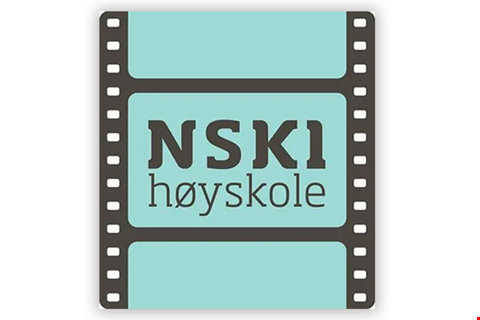The quality work at NSKI University College is not satisfactory
The institution has made progress in its efforts after being required to correct significant deficiencies in 2023, but it has still not fully reached the goal.

In 2023, NOKUT conducted a review of the systematic quality work at NSKI University College (NSKI). On 25 October the same year, the NOKUT Board decided that the institution’s quality work had significant deficiencies. After one year of corrective measures and an evaluation of new documentation on the quality work, the NOKUT Board has now concluded that NSKI University College’s systematic quality work is still not satisfactory. The institution has not documented routines or practices for systematic control to ensure that its study programmes at all times meet accreditation requirements. Consequently, the requirements in the Universities and Colleges Regulations § 1-7 letter b and § 1-8 fifth paragraph are not fulfilled.
“All higher education institutions in Norway are responsible for ensuring that their study programmes at all times meet the minimum accreditation requirements in the regulations. This is crucial for the trust-based model we have in Norwegian higher education,” says NOKUT Director Kristin Vinje.
As long as NSKI’s quality work is not approved by NOKUT, NOKUT may impose an application moratorium on NSKI, preventing applications for the accreditation of new study programmes and for accreditation as a university college.
NSKI University College may request that NOKUT conduct a new review at the institution no earlier than one year after the decision of unsatisfactory quality work.
Progress, but not there yet
The expert committee that assessed NSKI’s quality work points out that the institution has made good progress since the previous review, and that the quality work is now better anchored, documented, and organized. The board, management, and staff are all more aware of the importance of quality work for educational quality. The introduction of so-called “democracy time,” where half a day each week is set aside for meetings, is highlighted as a measure that has strengthened both anchoring and participation.
At the same time, the committee concludes that NSKI has not fully reached the goal. The requirement for systematic control to ensure that existing study programmes meet accreditation requirements is not fulfilled. Such control routines are essential for authorities, students, employers, and society at large to be able to trust that the institution’s programmes meet the minimum standards that apply in Norwegian and European higher education.
About NSKI University College
NSKI University College is a private institution in Oslo offering four bachelor’s programmes in directing, screenwriting, musical theatre, and acting, in addition to the further education programme Performing Artist in Self-Produced Productions. The college has about 170 students and is financed through tuition fees. The institution was established as a vocational school under the name Norwegian Acting Institute in 2009. In 2014, NSKI received accreditation for its first bachelor’s programmes and thereby became a provider of higher education.
